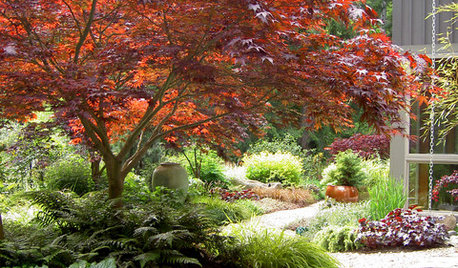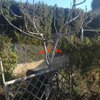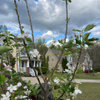defeated by peach leaf curl - alternatives?
User
11 years ago
Related Stories

MOST POPULARMeet a Lawn Alternative That Works Wonders
Carex can replace turfgrass in any spot, is low maintenance and adjusts easily. Add its good looks and you’ve got a ground cover winner
Full Story
TREES11 Japanese Maples for Breathtaking Color and Form
With such a wide range to choose from, there’s a beautiful Japanese maple to suit almost any setting
Full StoryMore Discussions








mrsg47
UserOriginal Author
Related Professionals
70037 Landscape Architects & Landscape Designers · White Oak Landscape Architects & Landscape Designers · Edmond Landscape Contractors · Beachwood Landscape Contractors · Fair Lawn Landscape Contractors · Galveston Landscape Contractors · Hollywood Landscape Contractors · Merced Landscape Contractors · Soddy Daisy Landscape Contractors · The Villages Landscape Contractors · Weymouth Landscape Contractors · Tyngsboro Landscape Contractors · Casselberry Landscape Contractors · Bensenville Landscape Contractors · Gulf Gate Estates Tree Servicesmrsg47
blazeaglory
flora_uk